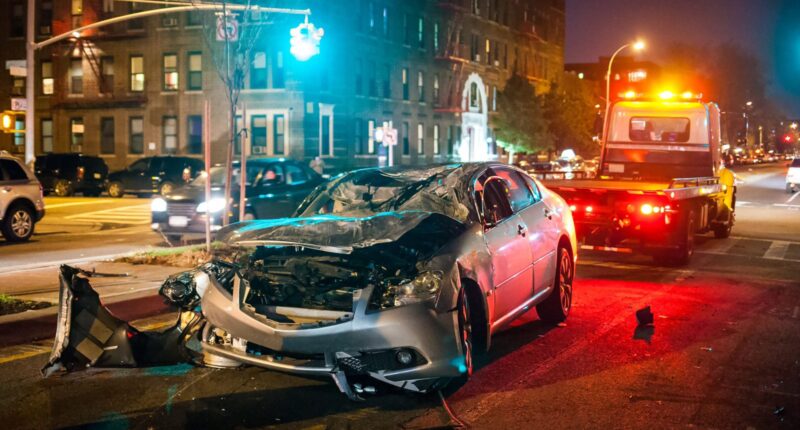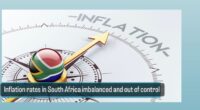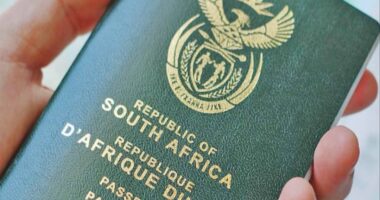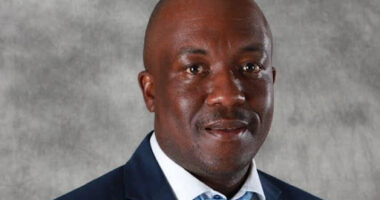Whitney Mabiya.
Foreign nationals will not be eligible to receive compensation from the Road Accident Fund (RAF) under the new drafted and proposed legislation.
According to the Road Accident Fund, foreigners who made use of the fund as an ATM would face severe consequences. It states that under the current circumstances, foreign nationals with or without documentation were being permitted to make claims from the fund which saw over R3.3 billion in claims being paid out to over 8 000 foreigners
As is customary in other nations, the fund claims that immigrants entering South Africa will be compelled to purchase travel insurance or other ways of supporting themselves, whilst in the country.
“We have paid upwards of R3.3 billion to foreign nationals just from 2021 April to March 2023, and that’s for a number of 8 600 odd foreign nationals but again I need to emphasise, we don’t have indicators whether these were people that were here illegally or the people that were documented. So what we’re proposing now is that foreign nationals are not going to be catered for. If you come through our borders, you need to have insurance”, says McIntosh Polela, Head of Corporate Communications.
The Road Accident Fund has contended that the bill’s provision violates the rights of accident victims all around the nation; additionally lawyers, advocating organisations, and medical aids have lambasted the RAF for the changes made to the recently proposed bill.
The CEO of African Diaspora Global Network, asserts that all benefits set forth for foreign nationals under the Labour Relations Act are due to them and that like any other road user in the nation, foreign nationals pay into the fund through fuel taxes.
“Fuel is so expensive mainly because of the Road Accident Fund and the contribution thereto. So, that becomes an unfair exclusion because all these people use that same fuel. It’s based on a very wrong concept that assumes that if someone is a foreign national, they don’t pay taxes. What people do not understand is that the different regimes of taxation that fund the various activities like RAF are funded by taxation that comes mainly from fuel. So, I think it’s something that stands to be challenged.”
According to Vhatuka Mbelwangwa, national spokesperson for the SA e-hailing industry, migrant workers are usually profited from and unprotected by the major e-hailing businesses present in the nation.
A total reform of the RAF is included in the RAF Amendment Bill, which is to replace its remuneration system with one based on social benefits. Additionally, it suggests giving accident victims a stable, recurring income in place of lump sum payments.
“A delivery guy gets hit by a vehicle now and the platform realises that this delivery is no longer en-route, and they can establish that the bike has been hit, they simply re-issue the order and somebody else delivers it and that’s it, there’s no support or intervention. It becomes the state’s problem because they’re moved to state hospitals or state mortuaries and the state can’t even go back to those platforms to say who is this individual because they themselves don’t have proper identification of these individuals that they’re exploiting.”










